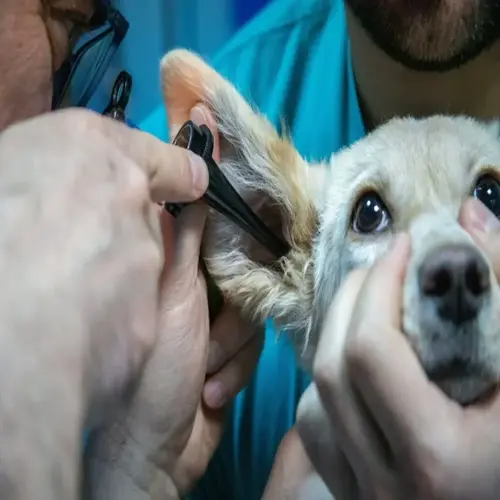Is TV viewing mentally stimulating for dogs?

Written by
Kailani Okoro
Reviewed by
Prof. David Walsh, Ph.D.Watching television provides dogs very little mental stimulation, though they sometimes seem to be interested in the moving images. Dogs perceive screens very differently from humans, which prohibits comprehension. Passive watching does not include the problem-solving process necessary for intellectual growth. Realistic activity is by far the stimulating activity that dogs receive.
Interactive Puzzle Feeders
- Require physical manipulation to release treats
- Challenge problem-solving skills actively
- Adjust difficulty as your dog progresses
Scent Tracking Games
- Hide treats around your home for searching
- Use natural sniffing instincts effectively
- Progress to outdoor trails with buried targets
Obedience Training Drills
- Teach multi-step commands like fetch-and-drop
- Build focus through consistent practice
- Strengthen owner-dog communication directly
Visual limitations clarify the cognitive failure of television for dogs. Since there are fewer frames per second, dogs perceive flicker. Also, colors are dull in brilliance, thus abrogating visual interest. Motion elicits an instinctive response but is without neurological reference for processing in mental capacity.
Behavioral science indicates that engaging in activities elicits the release of dopamine. Solving puzzles or using their sense of smell to track scent rewards requires relational effort, whereas watching television does not afford the same neurological reward. Dogs build confidence by succeeding in challenges rather than passively watching.
Practical alternatives work better than television. Create cardboard box foraging stations. Use treat-dispensing balls during meals. Practice obedience drills in short sessions. These activities engage multiple senses simultaneously.
Selective television might supplement other activities occasionally. Nature documentaries with animals sometimes hold brief interest. Always combine with physical presence and petting. Never use television as a primary tool for mental enrichment.
Read the full article: 10 Essential Dog Mental Stimulation Activities

